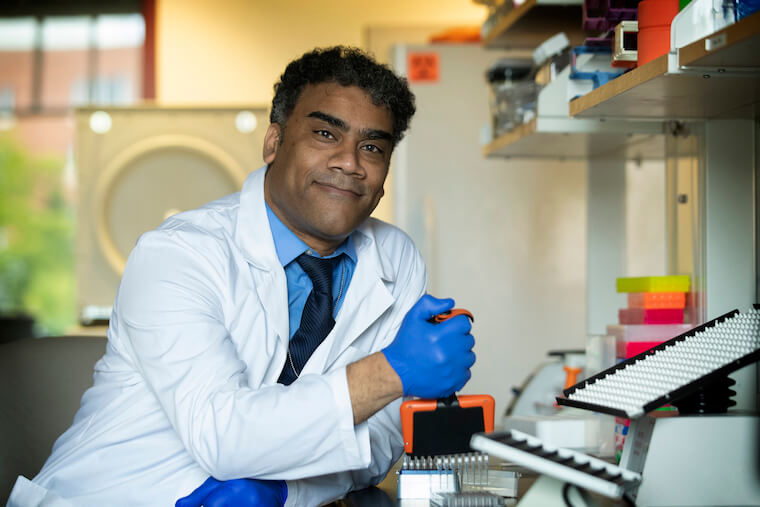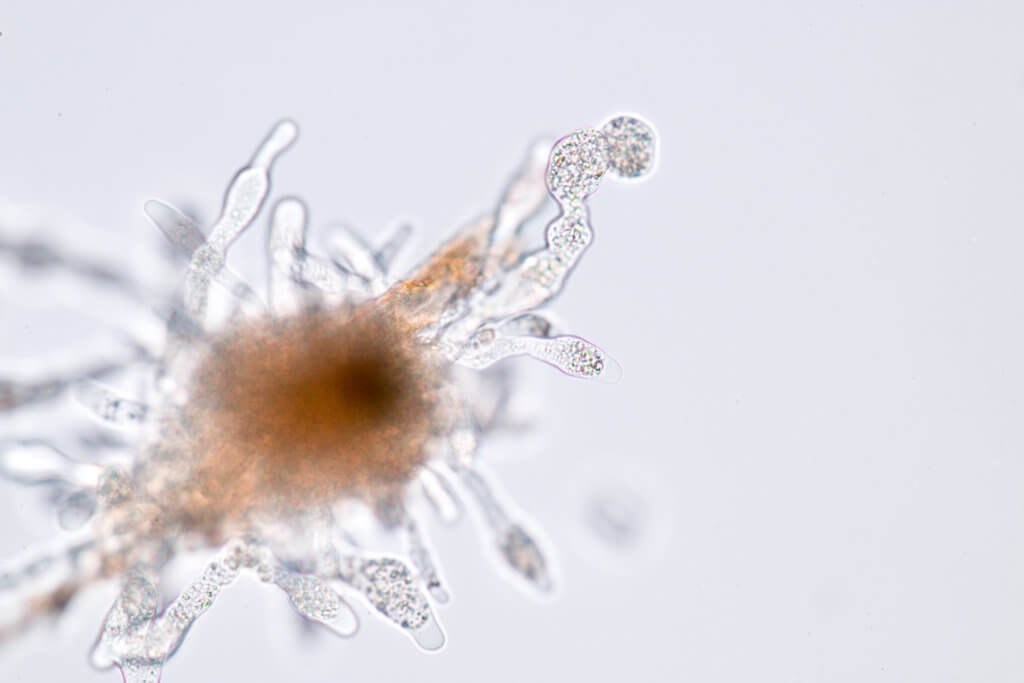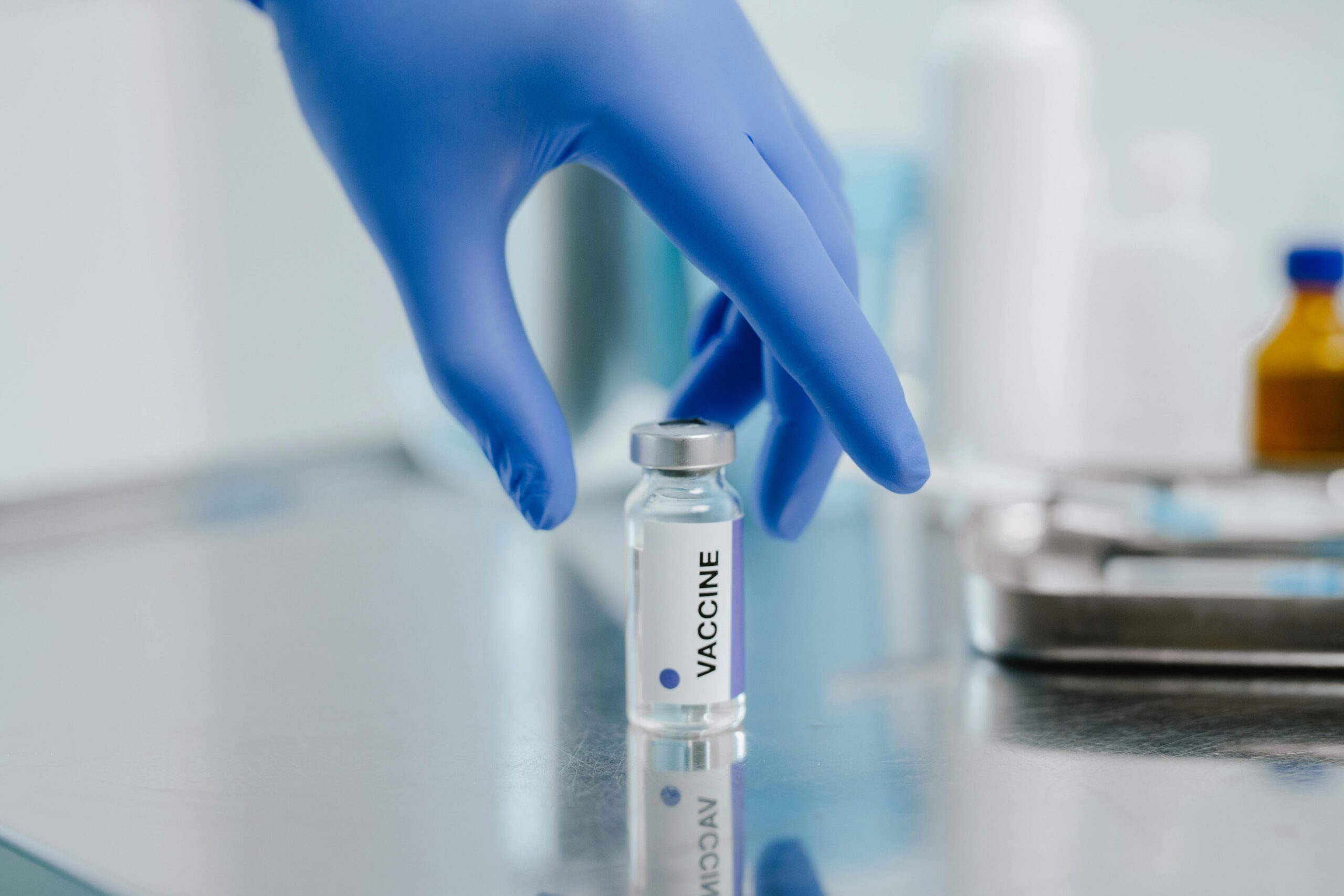Dr. Shannon Moonah, a physician-scientist at the University of Virginia (UVA) is using a unique approach to stop the potentially deadly effects of a C. difficile infection. His work will explore using a harmless amoeba to protect children from developing severe infections.
“New options are needed for C. difficile – there is no vaccine to protect at-risk children, and treatments for severe disease are suboptimal. Cell-based therapies like amoeba hold the promise of safe and effective drug delivery systems,” says Dr. Moonah in a university release. “I am beyond grateful for the generous support of The Hartwell Foundation to help develop this novel approach.”
C. difficile, or C. diff, is a bacterium that infects 24,000 children in the United States each year — and that number is rising. The Centers for Disease Control and Prevention has upped C. diff infections as a public health threat requiring immediate action. When infected, the bacteria triggers massive diarrhea. For children with cancer, bowel diseases, and cystic fibrosis, severe and uncontrollable diarrhea can be dangerous and even deadly.
A C. diff infection is treatable with antibiotics. However, it’s likely to reappear again and the next infection may be resistant to another round of antibiotics. For some, a C. difficle infection may require surgical removal of the large intestine to save a child’s life.

However, Dr. Moonah’s approach aims to stop children from getting terribly sick in the first place. His approach requires a genetically engineered single-celled amoeba called Entamoeba. It’s typically found in the gut and is a parasite. However, the gene-editing turns it into a carrier of antibodies that when released into the gut can block toxins made by C. difficile.
If successful, Dr. Moonah’s work would be the first to deliver a drug treatment using an amoeba or another protozoan. Another benefit is reducing the use of antibiotics and preventing deadly bacteria like C. difficile from becoming antibiotic resistant.
To aid in his work, Dr. Moonah is one of ten scientists awarded The Hartwell Award which comes with $100,000 of funding each year for three years. “We are delighted to have this vitally important research honored by The Hartwell foundation,” says Melur Ramasubramanian, UVA vice president for research. “Shannon Moonah is a great example of the innovative and exciting biomedical researchers at UVA.”
“The burden of C. difficile infection is a severe problem, and I am excited for the opportunity to help find new solutions that will lead to healthy children,” comments Dr. Moonah










